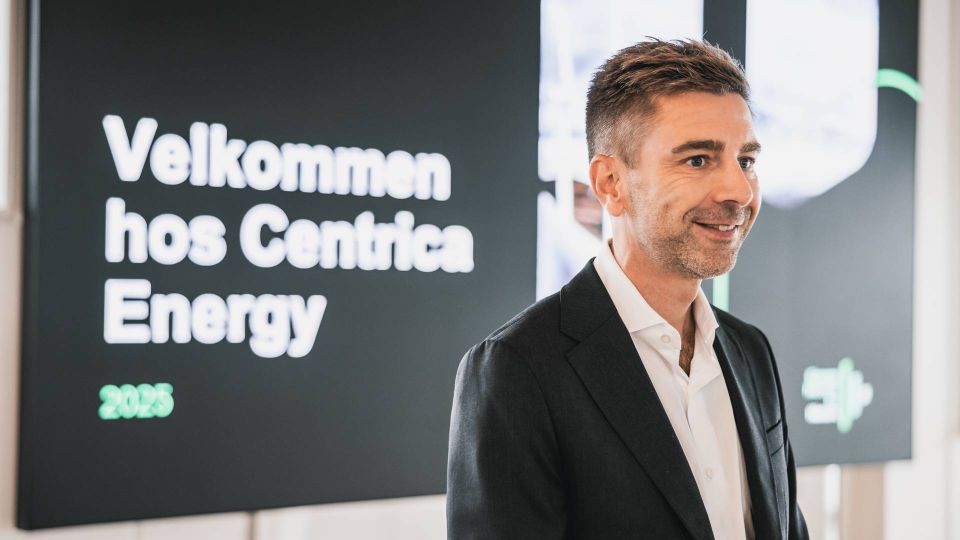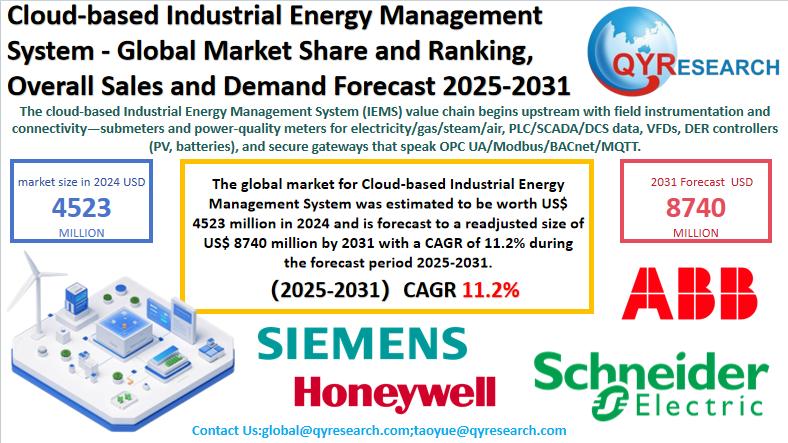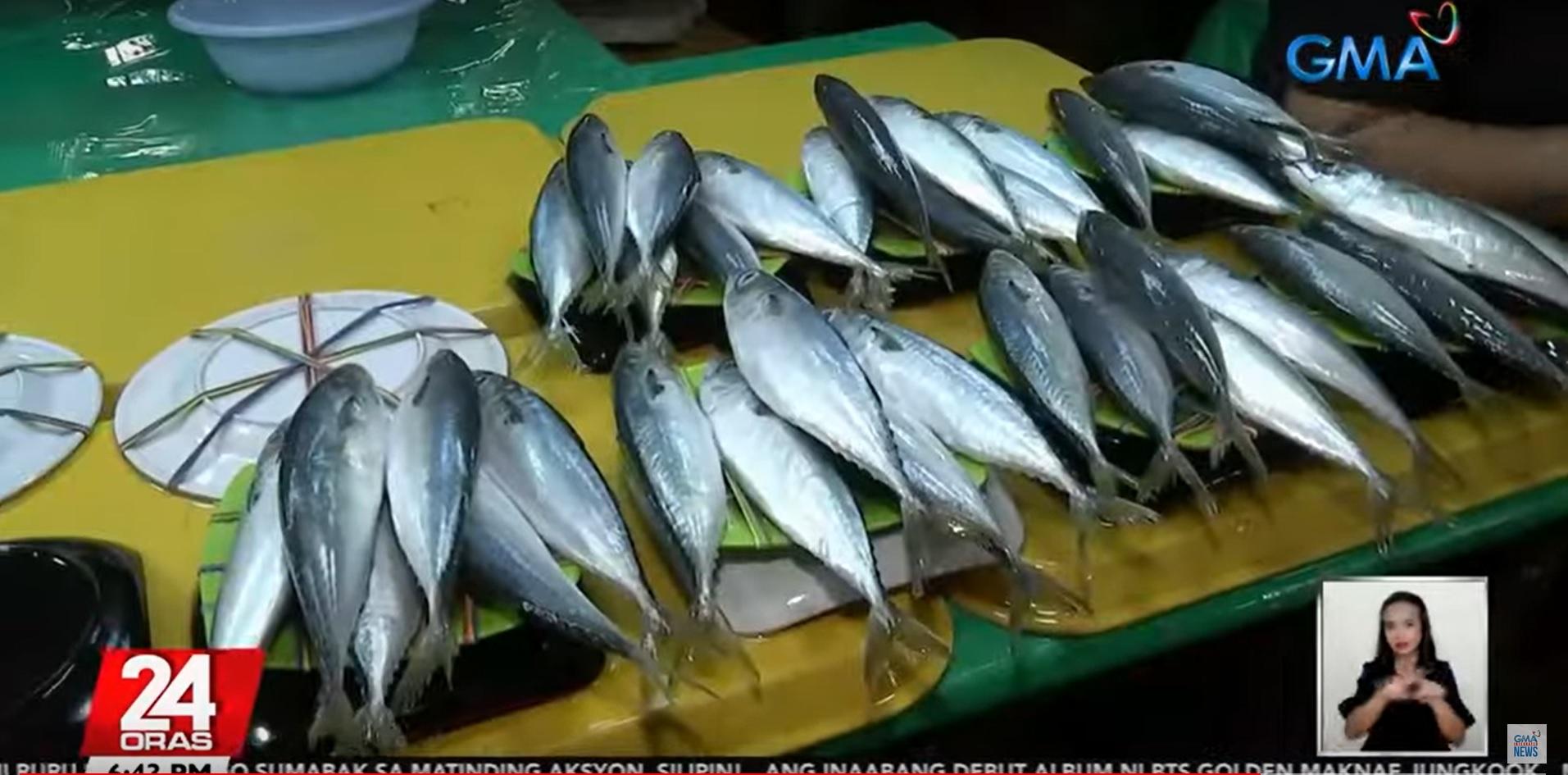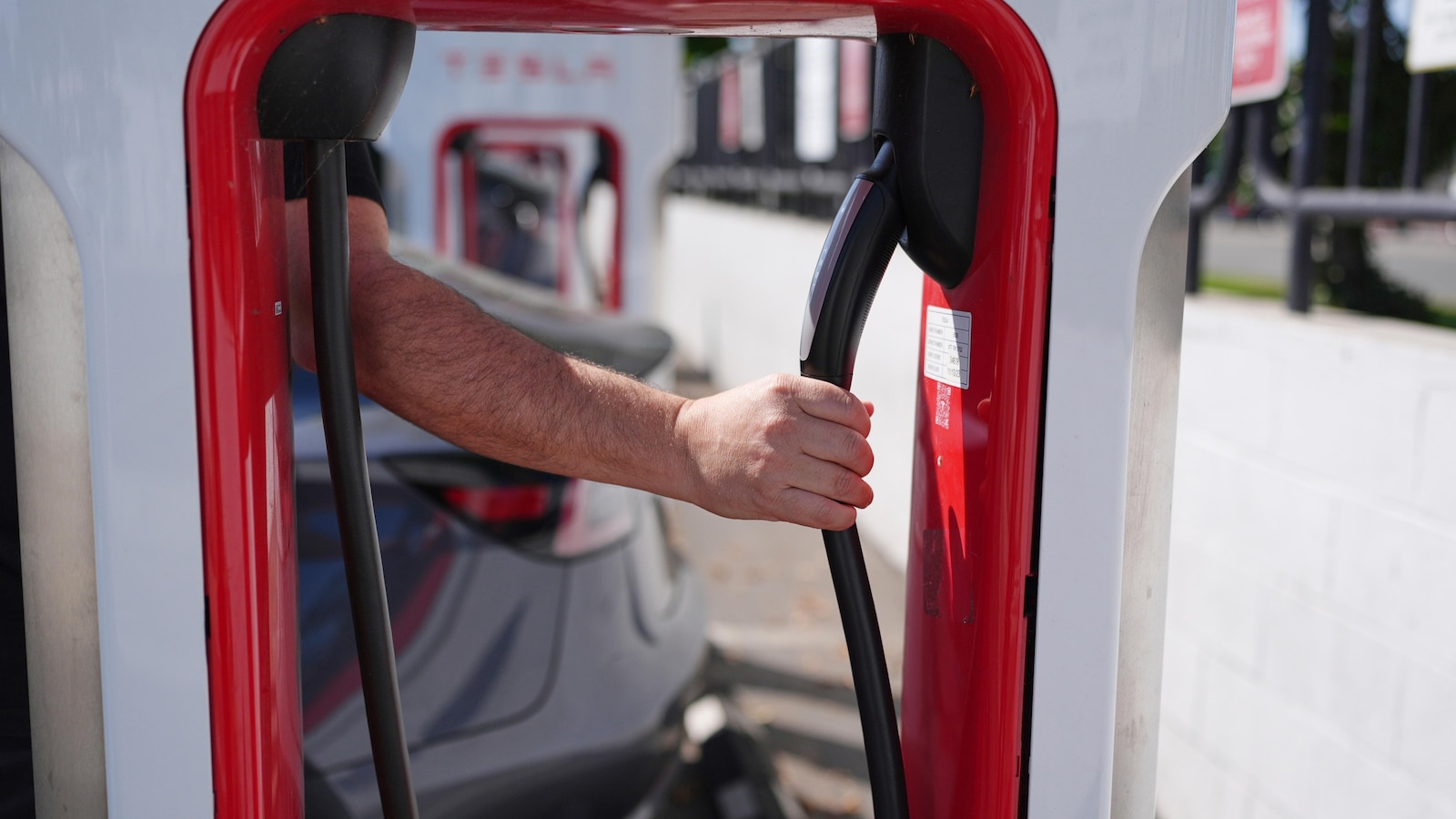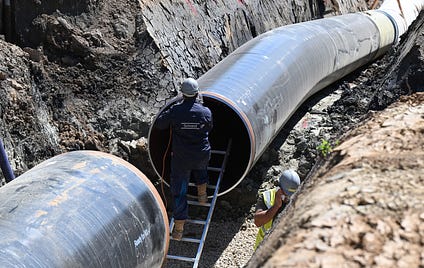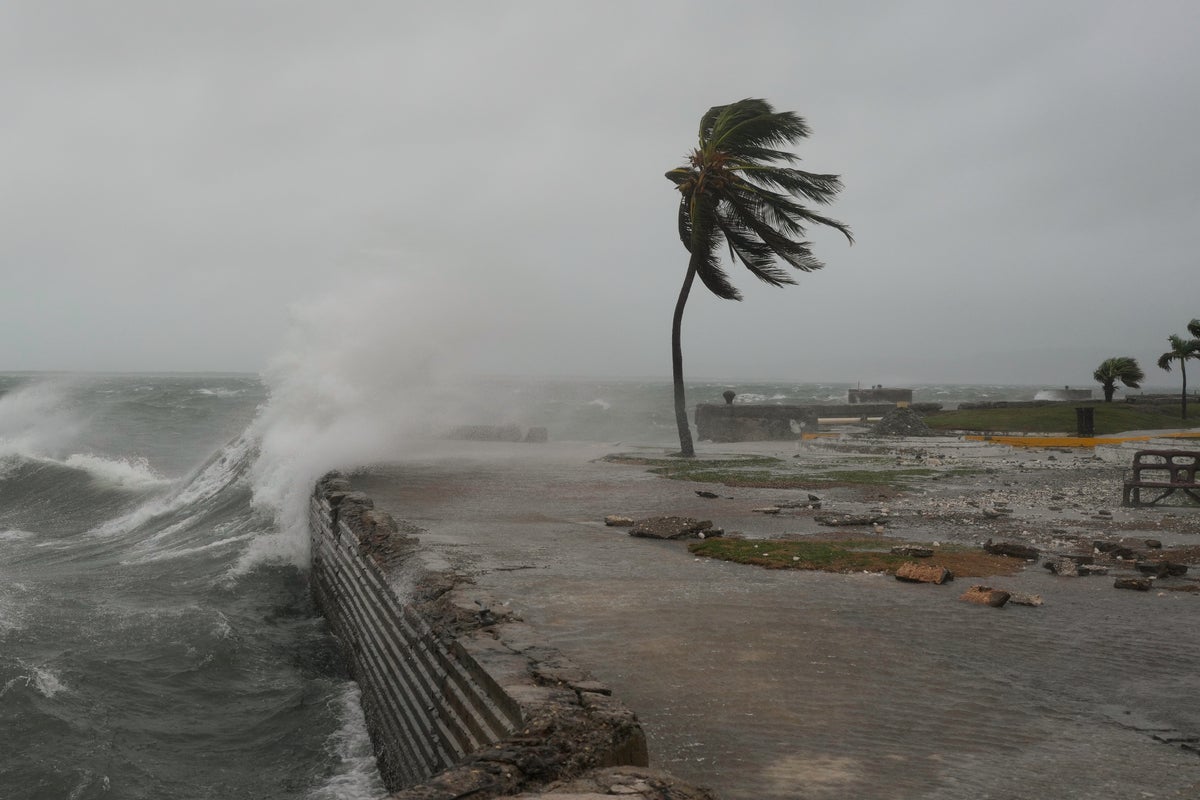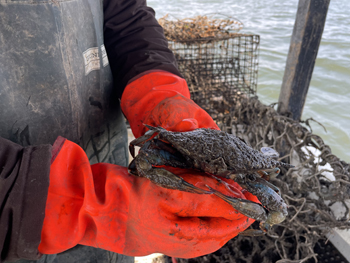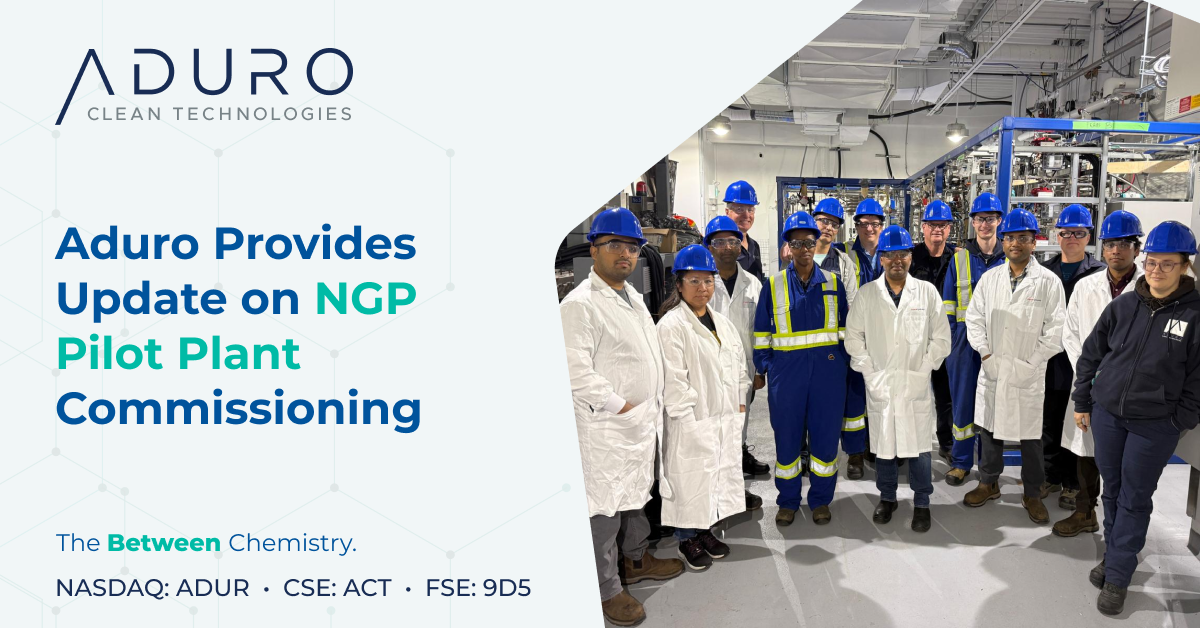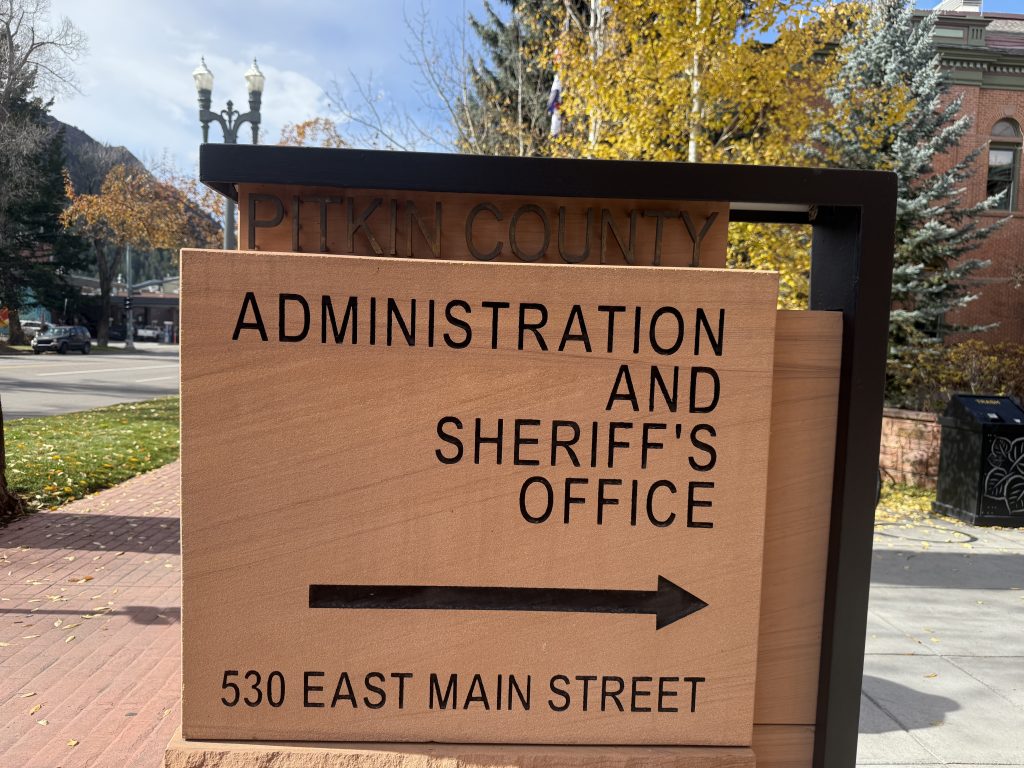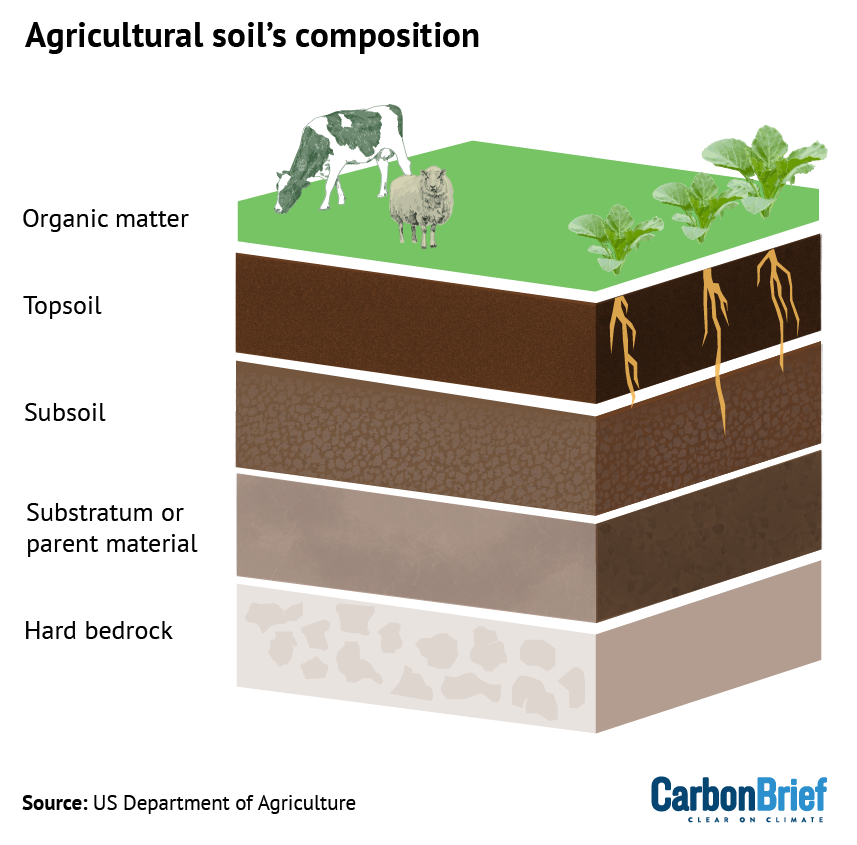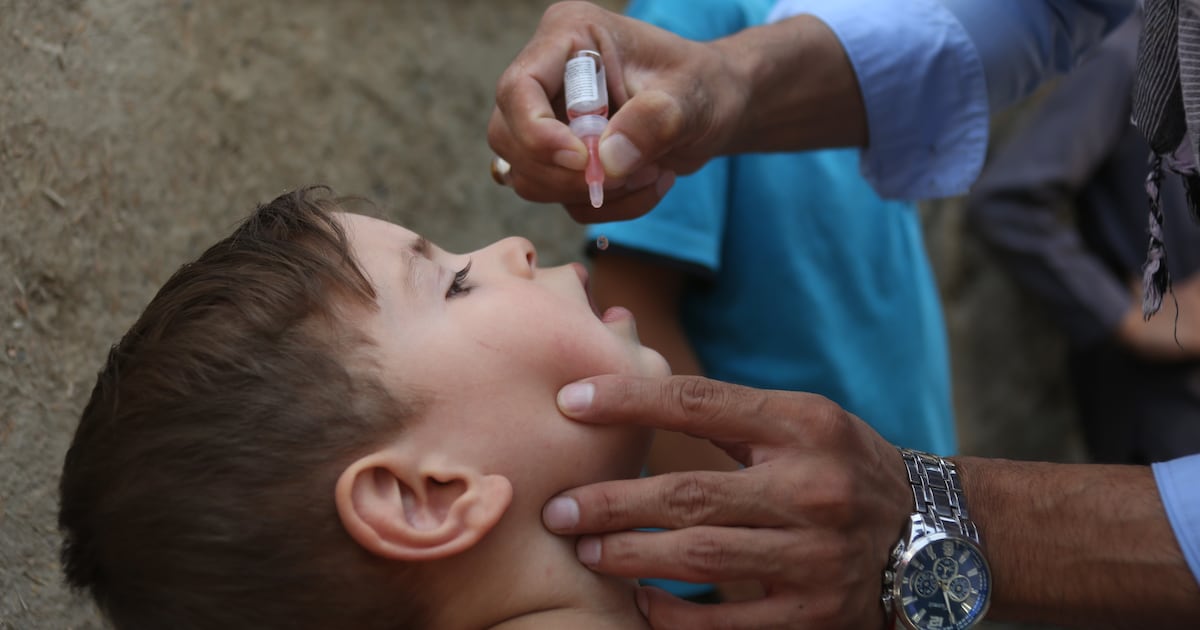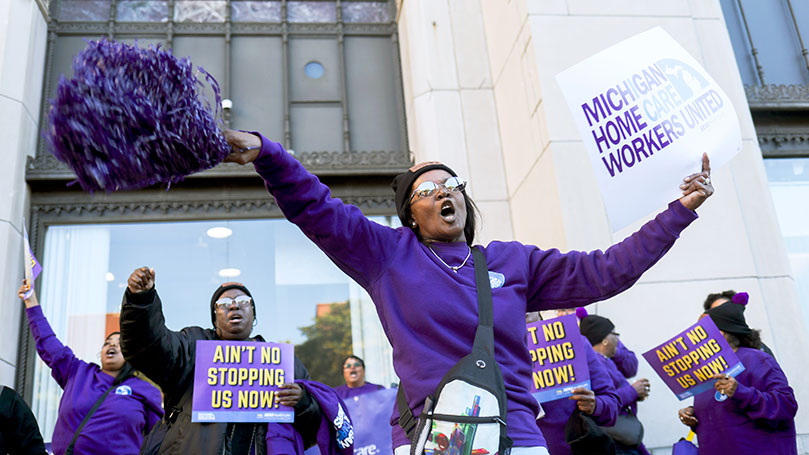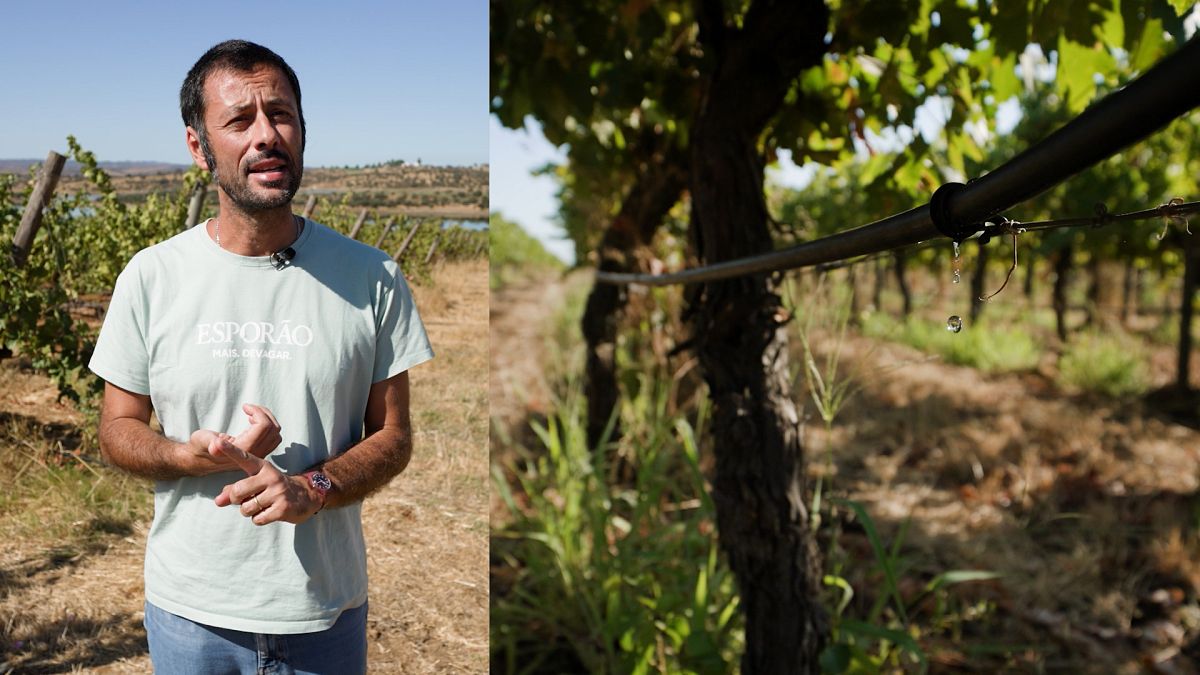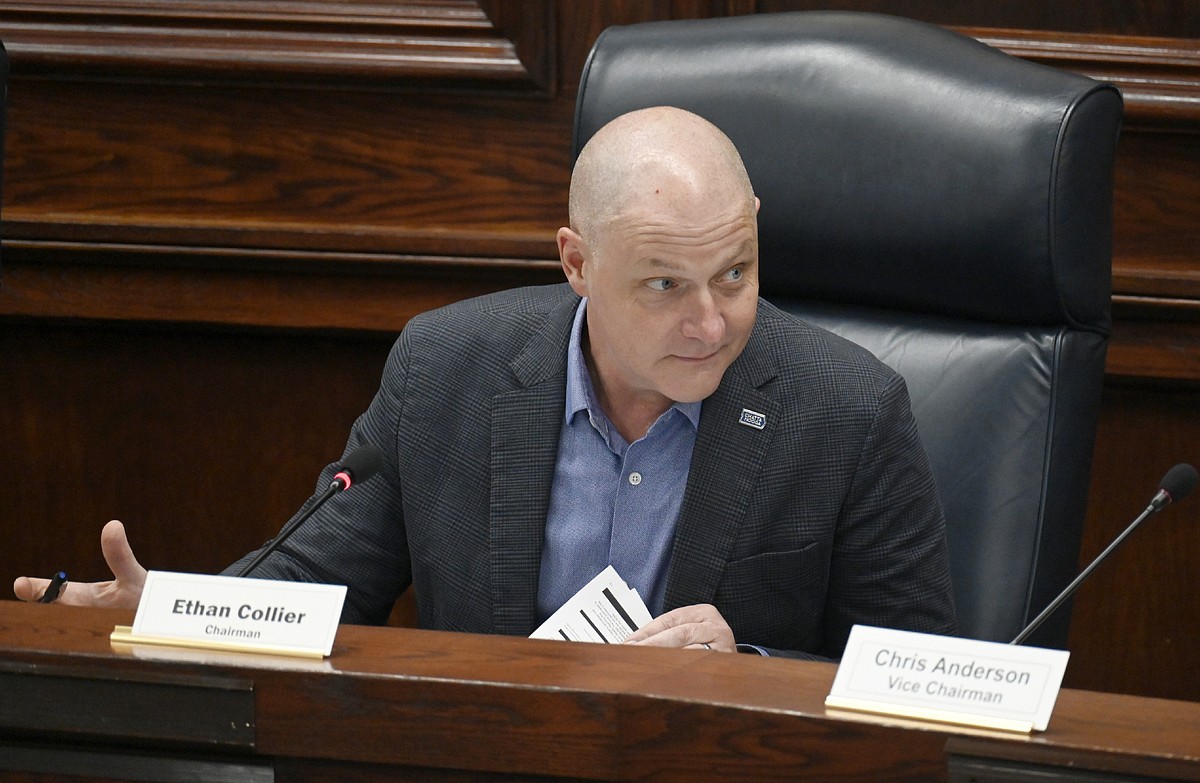Henifin blocked from treatment plant as firm protests termination – WLBT

Report on JXN Water Contract Dispute and Sustainable Development Implications
Executive Summary
A contractual dispute has arisen in Jackson, Mississippi, concerning the management of the city’s wastewater treatment facilities. The conflict involves JXN Water, its court-appointed Interim Third-Party Manager Ted Henifin, the incumbent operator Veolia North America, and the proposed new contractor, Jacobs Solutions. The dispute, which escalated to a federal court hearing, carries significant implications for the city’s ability to meet key United Nations Sustainable Development Goals (SDGs), particularly those related to clean water, sustainable communities, and institutional governance.
Analysis of the Central Conflict
Incident Overview and Judicial Intervention
- Veolia North America protested the planned operational transition by denying Mr. Henifin and Jacobs Solutions staff access to the Savanna Street Wastewater Treatment Plant.
- The action prompted an immediate status conference called by U.S. District Judge Henry Wingate.
- Judge Wingate admonished the action, affirming that the third-party manager possesses a nearly unfettered right to access all city water and sewer properties.
Positions of Key Stakeholders
- JXN Water (led by Ted Henifin): Seeks to terminate the existing contract with Veolia and award a new, nine-year contract to Jacobs Solutions. The primary justifications include:
- Chronic operational failures by Veolia, allegedly leading to hundreds of “prohibited bypasses” where untreated wastewater was discharged into the Pearl River.
- A proposed contract with Jacobs Solutions that is approximately $830,000 less expensive annually.
- A plan to ensure employment continuity for all 35 current plant workers under the new management.
- Veolia North America: Contests the termination and transition, citing:
- Approximately $4.2 million in outstanding payments owed by JXN Water.
- Projected demobilization costs of $1.2 to $1.4 million if the contract is terminated early.
- A desire for a formal Request for Proposals (RFP) process to ensure competitive bidding.
- Recent investments in plant conditions and employee training.
- Jacobs Solutions: Prepared to take over operations with a plan that includes:
- Hiring all current plant employees to ensure a seamless transition (“badge-flipping”).
- Leveraging its existing presence in Jackson to reduce overhead costs for services like HR and safety training.
Implications for Sustainable Development Goals (SDGs)
SDG 6: Clean Water and Sanitation
The core of the dispute is directly linked to the achievement of SDG 6. The operational management of wastewater facilities is fundamental to public health and environmental protection.
- Target 6.3 (Improve Water Quality): Allegations of hundreds of prohibited bypasses, leading to the discharge of untreated sewage into the Pearl River, represent a severe failure to meet this target, which aims to reduce pollution and halve the proportion of untreated wastewater.
- Target 6.2 (Achieve Access to Sanitation): The conflict over effective management highlights the institutional challenges in providing safely managed sanitation services for the residents of Jackson.
SDG 11: Sustainable Cities and Communities & SDG 14: Life Below Water
The environmental consequences of inadequate wastewater treatment directly impact urban sustainability and aquatic ecosystems.
- SDG 11 (Sustainable Cities): The pollution of the Pearl River degrades the local environment, affects community health, and undermines the city’s resilience, conflicting with the goal of creating safe and sustainable urban spaces.
- SDG 14 (Life Below Water): The release of land-based pollutants into the river system is a direct threat to freshwater ecosystems and contributes to broader water pollution, contrary to the objectives of SDG 14.
SDG 8: Decent Work and Economic Growth & SDG 16: Peace, Justice and Strong Institutions
The dispute also encompasses issues of employment, economic efficiency, and the strength of public institutions.
- SDG 8 (Decent Work): The plan by Jacobs Solutions to retain all 35 employees is a positive measure that aligns with promoting full and productive employment.
- SDG 16 (Strong Institutions): The matter is being adjudicated within the legal system, with a court-appointed manager overseeing the utility. This reflects an attempt to build effective and accountable institutions. The debate over using a competitive RFP process versus a direct contract award is central to the principles of transparent public procurement.
Financial and Operational Details
Comparative Annual Costs
- Veolia North America: $14,857,858
- Jacobs Solutions (Proposed): $14,027,210
The proposed transition to Jacobs Solutions represents a potential annual cost reduction of approximately $830,648.
Contractual and Transition Issues
- A key point of contention is the liability for demobilization costs, which include items such as employee severance.
- Mr. Henifin argues these costs are unavoidable, whether the contract is terminated early or runs to term.
- The plan for Jacobs Solutions to immediately hire all staff is intended to eliminate the need for severance payments and ensure operational continuity.
Conclusion
The conflict over the management of Jackson’s wastewater treatment plants is a critical juncture for the city’s public and environmental health. The resolution, to be guided by the federal court, will determine the operational and financial path for JXN Water. More importantly, it will directly influence the city’s progress toward achieving fundamental Sustainable Development Goals, especially ensuring clean water and sanitation (SDG 6) for its residents and protecting local ecosystems.
Analysis of Sustainable Development Goals in the Article
1. Which SDGs are addressed or connected to the issues highlighted in the article?
SDG 6: Clean Water and Sanitation
- The entire article revolves around the management of wastewater treatment plants in Jackson, Mississippi. This directly connects to ensuring the availability and sustainable management of water and sanitation for all. The core issue is the effective treatment of the city’s wastewater.
SDG 8: Decent Work and Economic Growth
- The article discusses the employment of 35 workers at the Savanna Street plant. The transition between management firms (Veolia to Jacobs Solutions) raises concerns about job security, severance, and ensuring a smooth transfer of employment, which relates to promoting decent work.
SDG 9: Industry, Innovation and Infrastructure
- Wastewater treatment plants are critical pieces of public infrastructure. The article highlights issues of operational management, maintenance (or neglect), and the financial costs associated with running this infrastructure, all of which are central to building and maintaining resilient infrastructure.
SDG 11: Sustainable Cities and Communities
- The proper functioning of a city’s sanitation system is fundamental to its sustainability and the health of its residents. The article’s focus on the failure to properly treat wastewater and the resulting environmental pollution directly impacts the sustainability of the city of Jackson.
SDG 14: Life Below Water
- The article explicitly states that due to “prohibited bypasses,” untreated or partially treated wastewater is released into the Pearl River. This pollution harms aquatic ecosystems and is a direct threat to life below water.
SDG 16: Peace, Justice and Strong Institutions
- The conflict is being handled in federal court, involving a court-appointed manager. The discussion about contractual obligations, financial disputes ($4.2 million in arrears), and the proper procurement process (issuing a request for proposals) all point to the need for effective, accountable, and transparent institutions to manage public services.
2. What specific targets under those SDGs can be identified based on the article’s content?
-
SDG 6: Clean Water and Sanitation
- Target 6.3: By 2030, improve water quality by reducing pollution, eliminating dumping and minimizing release of hazardous chemicals and materials, halving the proportion of untreated wastewater. The article directly addresses this target by describing how the current firm’s neglect led to “hundreds of prohibited bypasses at the Savanna plant,” where “wastewater is diverted around the plant’s treatment processes and released into the Pearl River untreated or partially treated.”
-
SDG 8: Decent Work and Economic Growth
- Target 8.5: By 2030, achieve full and productive employment and decent work for all women and men. This is relevant to the plan to ensure all 35 current employees are retained by the new firm, Jacobs Solutions. The article notes, “Jacobs wants to hire all of the current workers at the Savanna plant” and that “Our goal is to have all 35 starting on October 1 with a Jacobs logo on their shirts,” which aims to prevent job losses during the transition.
-
SDG 9: Industry, Innovation and Infrastructure
- Target 9.1: Develop quality, reliable, sustainable and resilient infrastructure. The dispute over the management contract is fundamentally about ensuring the reliable and sustainable operation of the city’s wastewater infrastructure. The claim that the previous firm “had neglected the city for years, leading to hundreds of prohibited bypasses” indicates a failure to maintain reliable infrastructure.
-
SDG 11: Sustainable Cities and Communities
- Target 11.6: By 2030, reduce the adverse per capita environmental impact of cities, including by paying special attention to… municipal and other waste management. The release of untreated wastewater into the Pearl River is a significant adverse environmental impact caused by the city’s failure in waste management, a key concern of this target.
-
SDG 14: Life Below Water
- Target 14.1: By 2030, prevent and significantly reduce marine pollution of all kinds, in particular from land-based activities. The discharge of untreated sewage into the Pearl River is a clear example of pollution from a land-based activity that degrades a major waterway, directly relating to this target.
-
SDG 16: Peace, Justice and Strong Institutions
- Target 16.6: Develop effective, accountable and transparent institutions at all levels. The involvement of a federal judge and a court-appointed manager, along with the city attorney’s desire for a public “request for proposals,” highlights the struggle to create an accountable and transparent process for managing the city’s water services, which are currently plagued by financial disputes and operational failures.
3. Are there any indicators mentioned or implied in the article that can be used to measure progress towards the identified targets?
-
For Target 6.3 (Improve water quality):
- Implied Indicator: The number of “prohibited bypasses.” The article mentions “hundreds of prohibited bypasses” as a measure of failure. A reduction in or elimination of these events would be a direct indicator of progress.
- Implied Indicator: The status of the “contact advisory” on the Pearl River. The article notes, “For years, much of the Pearl in the metro area has been under a contact advisory as a result.” Lifting this advisory would indicate improved water quality.
-
For Target 8.5 (Full and productive employment):
- Specific Indicator: The number of employees retained during the management transition. The article specifies a clear goal: “Our goal is to have all 35 starting on October 1 with a Jacobs logo on their shirts.” The success of this “badge-flipping” is a measurable outcome.
-
For Target 9.1 (Reliable infrastructure):
- Implied Indicator: Annual operational costs. The article provides specific figures for the contracts (“$14,857,858 annually” for Veolia vs. “$14,027,210 (proposed)” for Jacobs), which can be used as an indicator of financial efficiency in infrastructure management.
-
For Target 16.6 (Effective and transparent institutions):
- Implied Indicator: Adherence to transparent procurement processes. The city attorney’s desire to “see JXN Water issue a request for proposals” suggests that using competitive and public bidding processes is an indicator of institutional transparency and accountability.
- Implied Indicator: Financial solvency and accountability. The claim that “JXN Water currently owed Veolia about $4.2 million” is an indicator of institutional financial challenges. Resolving this debt would be a sign of progress.
4. Summary Table of SDGs, Targets, and Indicators
| SDGs | Targets | Indicators (Mentioned or Implied in Article) |
|---|---|---|
| SDG 6: Clean Water and Sanitation | Target 6.3: Improve water quality by reducing pollution and halving the proportion of untreated wastewater. |
|
| SDG 8: Decent Work and Economic Growth | Target 8.5: Achieve full and productive employment and decent work for all. |
|
| SDG 9: Industry, Innovation and Infrastructure | Target 9.1: Develop quality, reliable, sustainable and resilient infrastructure. |
|
| SDG 11: Sustainable Cities and Communities | Target 11.6: Reduce the adverse per capita environmental impact of cities, especially in waste management. |
|
| SDG 14: Life Below Water | Target 14.1: Prevent and significantly reduce marine pollution from land-based activities. |
|
| SDG 16: Peace, Justice and Strong Institutions | Target 16.6: Develop effective, accountable and transparent institutions. |
|
Source: wlbt.com

What is Your Reaction?
 Like
0
Like
0
 Dislike
0
Dislike
0
 Love
0
Love
0
 Funny
0
Funny
0
 Angry
0
Angry
0
 Sad
0
Sad
0
 Wow
0
Wow
0







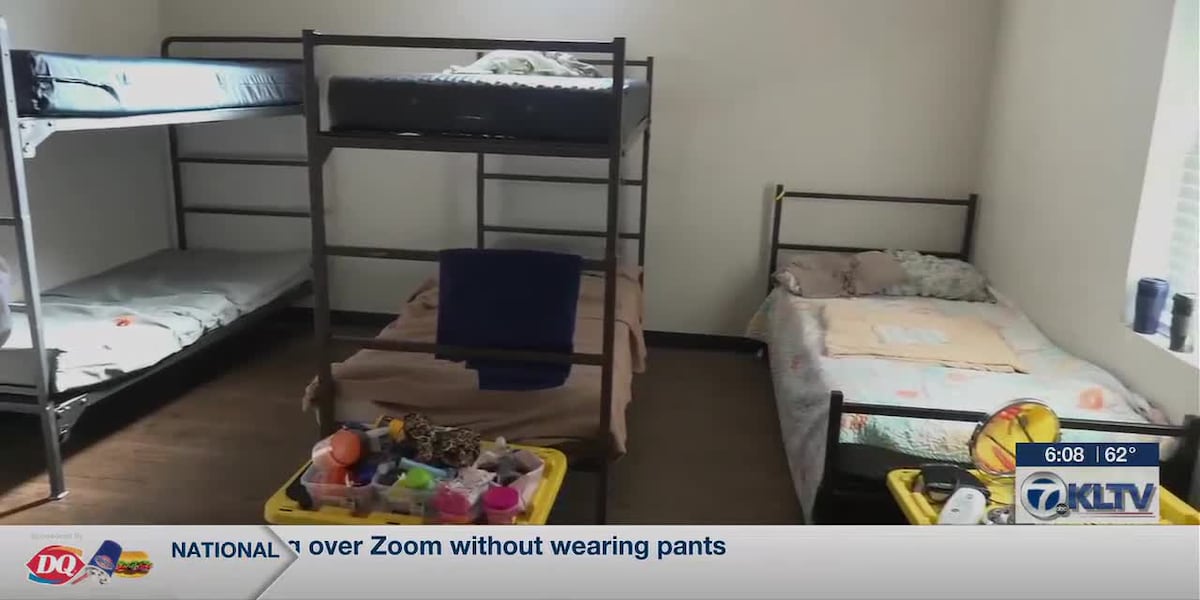



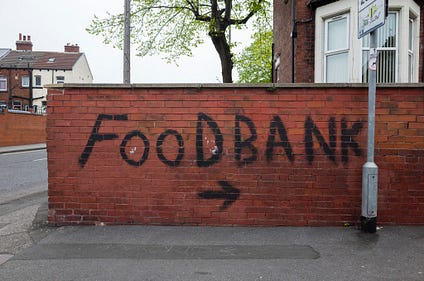

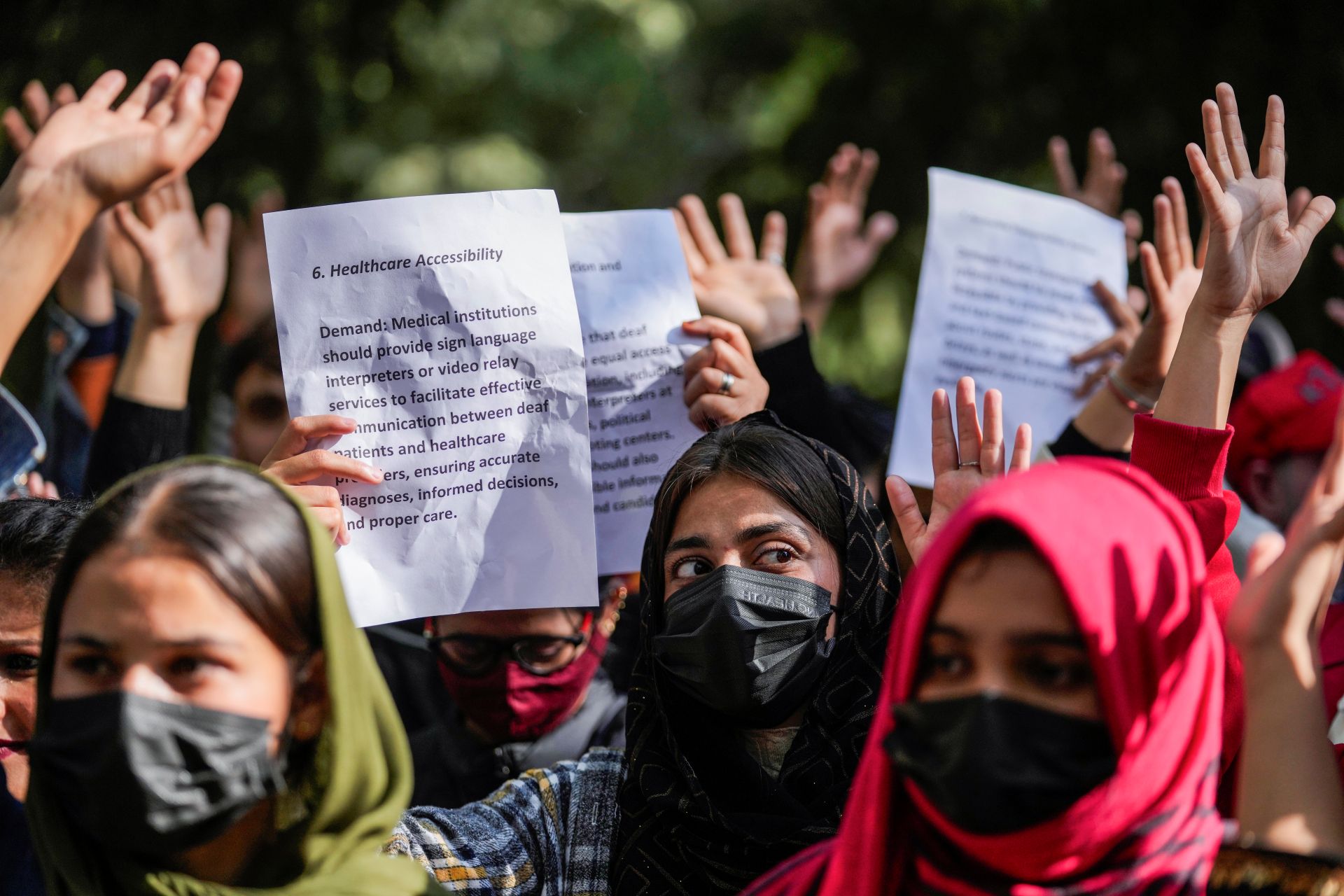













;Resize=805#)



